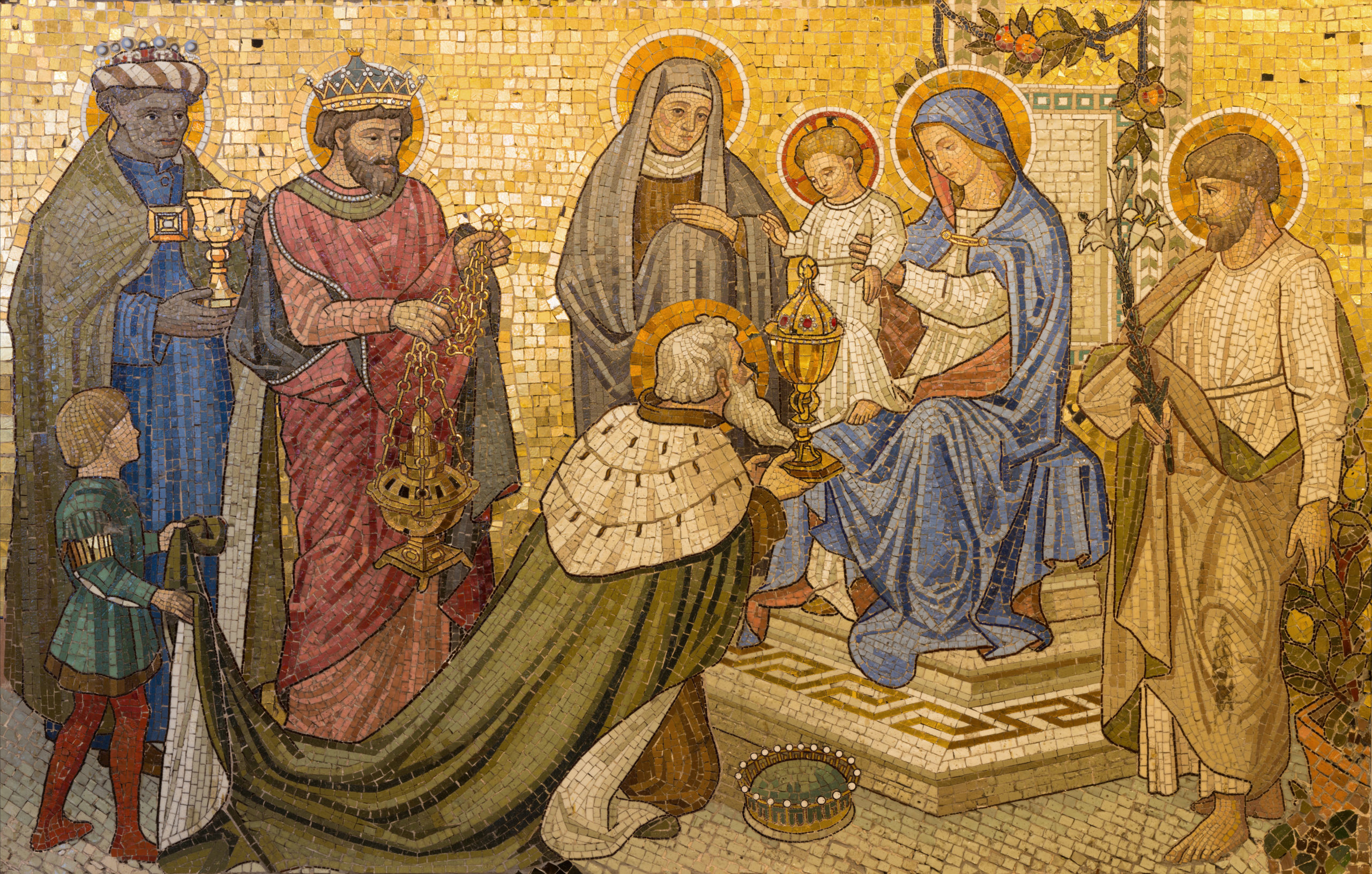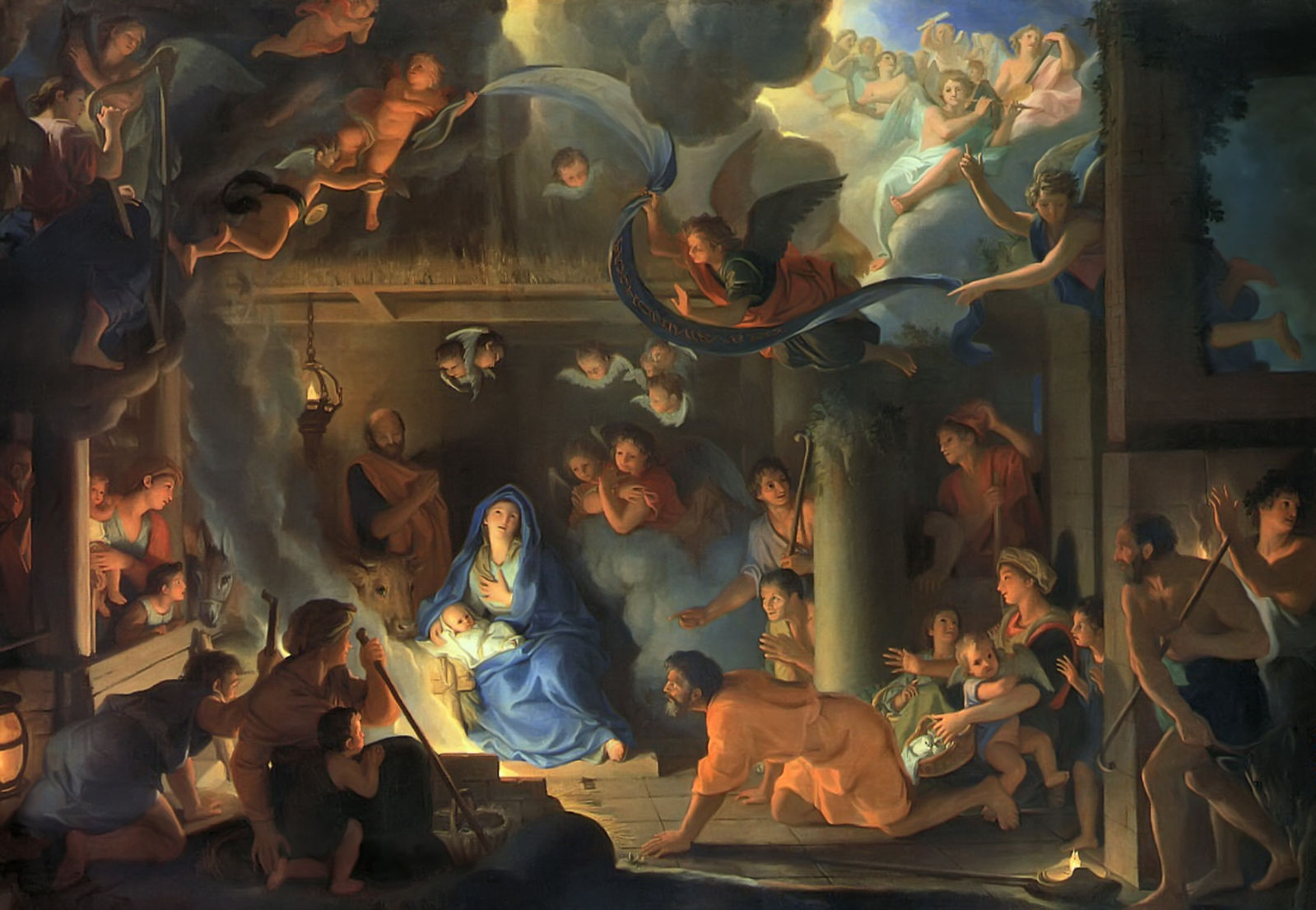What is Lent?
- Post author:LisaMarie McNally
- Post published:February 4, 2021
- Post category:Ecumenical Corner
- Post comments:1 Comment
From the Question Box: Why do Catholics have Lent and why do you fast?
Scripture tells us: “There is a season for everything, a time for every occupation under heaven: a time for giving birth, a time for dying; a time for planting, a time for uprooting what has been planted.” (Ecclesiastes 3:1-2) We look to nature and the patterns that God created to understand the rhythms and cycles in nature and in our lives. These cycles have a spiritual element as well as a physical element. Just as God created cycles with day and night, the seasons, birth–life–death, our spiritual journey has a cycle as well. God gave a time to plant and a time to harvest, and He also gives us a time for spiritual planting and spiritual harvesting. Thus the cycle of Lent precedes Easter.
In our journey to become closer to God, we are often as consistent as the waves on the beach; the tide comes in, the tide goes out. We experience the push and pull of having worldly demands as well as spiritual demands on our time. There is a continual battle between our wants and our needs. The gift of the seasons of the Church (and I mean all Christianity here) is therefore another sign of God’s great mercy and compassion for us. He gives us the seasons in the Church to focus on different aspects of our spiritual progress. Just as He gives us day to work and night to rest, He gives us Lent to really focus on drawing nearer to Him.
Lent maintains the Biblical patterns God set forth in Scripture. Moses fasted for 40 days when he was with the Lord receiving the 10 Commandments (Ex 34:28). The forty days of Lent repeat the pattern of Jesus’ 40 days in the desert in which He fasted and prayed at the beginning of His public ministry (Lk 4:2-4). Lent is the time of spiritual planting through fasting, prayer, and almsgiving.
Jesus instructs his disciples how to fast in a way that is pleasing to God: “When you fast . . . wash your face, so that it will not be obvious to others you are fasting . . . and your Father who sees what is done in secret will reward you.” (Mt 6:16-18) Jesus models for us the incredible power of fasting when the disciples fail to cast out a demon and turn to Jesus who casts it out and explains, “This kind is not cast out but by prayer and fasting.” (Matthew 17:20) In the Acts of the Apostles, Luke gives numerous examples of the disciples fasting to know the Will of God (Acts 13:2), for spiritual strength before a great undertaking (Acts 13:3-4), and for spiritual growth and wisdom (Acts 14:23). While Catholics often fast throughout the year, the Church calls us to be united in our fast on Ash Wednesday and Good Friday.
Lenten prayer amplifies our spiritual growth by looking deeply at Jesus’ suffering starting at Gethsemane. Contemplating His sacrifice makes us grow in gratitude for the gift of salvation and grow in our understanding of His love for us. One of the most important Lenten practices to assist us in this is the Stations of the Cross. The community comes together, usually on Fridays, and meditates on the Gospel passages that center around Jesus’s walk to Calvary and His crucifixion and death. In this contemplation we are touched at the core of our being by the depth of His Love, and we are encouraged to see the need to become holier ourselves — because God calls each of us to be holy. – “Be holy, for I, Yahweh your God, am holy.” (Leviticus 19:2) “Thus He chose us in Christ before the world was made to be holy and faultless before Him in love.” (Ephesians 1:4)
When we desire to become holier, we examine the areas of our lives in which we fall short. Realizing that we cannot do this alone, we ask for His assistance and enter into prayer that will lead us to these graces. We also offer up little sacrifices such as abstaining from meat (the Orthodox Church does this as well). These practices increase our sensitivity to the needs of those in our world who need our service in order to experience the love of God in their lives.
The third tool of Lenten practice is almsgiving. In looking to serve the needs of the poor, we are responding to His call. What He desires from us is mercy and compassion. Focusing on the needs of others and bringing the love of Christ to them through our ministry is how we also meet Christ. In seeking to bless others, Our Lord in turn blesses us; in sharing His love with others, He increases His love in us; in being the face of Christ to others, we encounter Christ in them. The measure we measure with is measured back to us. “Give, and there will be gifts for you: a full measure, pressed down, shaken together, and overflowing, will be poured into your lap; because the standard you use will be the standard used for you.” (Luke 6: 38) By reaching out to others in love, we live our Christian faith, grow in love, and are better prepared to receive the graces and gifts of the Resurrection.
The joy of the Resurrection is as necessary in our spiritual cycle as eating is to the farmer. Just as God does not ask the farmer to toil without ever being able to harvest his crop, He does not ask us to continually focus only on Our Lord’s sacrifice. The joy of the Resurrection is a spiritual joy, a gift that God gives us. The Easter season lasts 7 weeks and culminates in the Feast of Pentecost. This spiritual joy which blossoms from our labor nourishes and strengthens us to continue our journey.
The Resurrection is central to the Christian faith and sets it apart from all other religions. In no other religion does God Himself die for His people. In no other religion does God then resurrect Himself. It is this celebration which Catholics relive at every Mass. The Lenten and Easter seasons deepen our connection to and involvement in the Mass and ultimately lead us to a deeper relationship with Jesus in the Eucharist, the source and summit of our faith.





